I’ve been in Thailand on and off for over a year now so I’ve picked up some (very basic) Thai. With two of my friends from New York City coming to Thailand in January 2020, I wanted to put together a guide of what I consider to be the words that every visitor should know. I find myself using these words almost daily so consider this list “must- know Thai phrases.”
Huge thanks to my friend Biw for helping me to translate and more importantly pronounce the Thai words correctly. If you have any Thai language questions for her, you can contact her on the Line app: BiwHuaHin_99.

Ka & Krup
From KnowPhuket.com,
The important thing to know is that men say ‘krup‘ and women say ‘ka‘. So if you are a man you should say ‘sawatdee krup‘ and if you are a woman, you should say ‘sawatdee ka‘. You can add krup or ka to the end of almost any sentence to add a feel of politeness.
Hello : Sawadee
Thailand is the Land of Smiles so whenever you meet someone, the polite greeting is to say “sawadee+krup/ka” with your hands pressed together like the prayer emoji.

Toilet : Hongnam
If you plan on using the bathroom in toilet, this is one of the most important words that you’ll be using many times a day.
Thank You : Kapkun
When thanking someone, you can also do the prayer emoji and say “kapkun+krup/ka.”

Little : Nitnoy
I love saying “nitnoy” and it almost applies to any scenario referring to something little. Want sugar in your coffee? Nitnoy. Do you speak Thai? Nitnoy. Do you like me? Nitnoy. The opportunities to use this are endless, unless you’re referring to something big, in which case…
Big : Yai makmak
You can just say “makmak” and people will know you’re saying big. Want sugar in your coffee? Makmak. Do I have big biceps? Makmak. Do you like me? Makmak.

Very drunk : Mao makmak
Most people in Thailand are either on vacation or retired which means there is a ton of time to spend at bars. If you see someone that is quite intoxicated, you can refer to them as “mao” (meaning drunk), and add “makmak” to say that they’re very drunk.
Foreigner : Farang
According to Into-Asia.com
Most European and American visitors to Thailand will quickly become familiar with the Thai word farang (often mispronounced (even by Thais) as falang – farang with a slightly trilled ‘r’ is the correct pronunciation.)
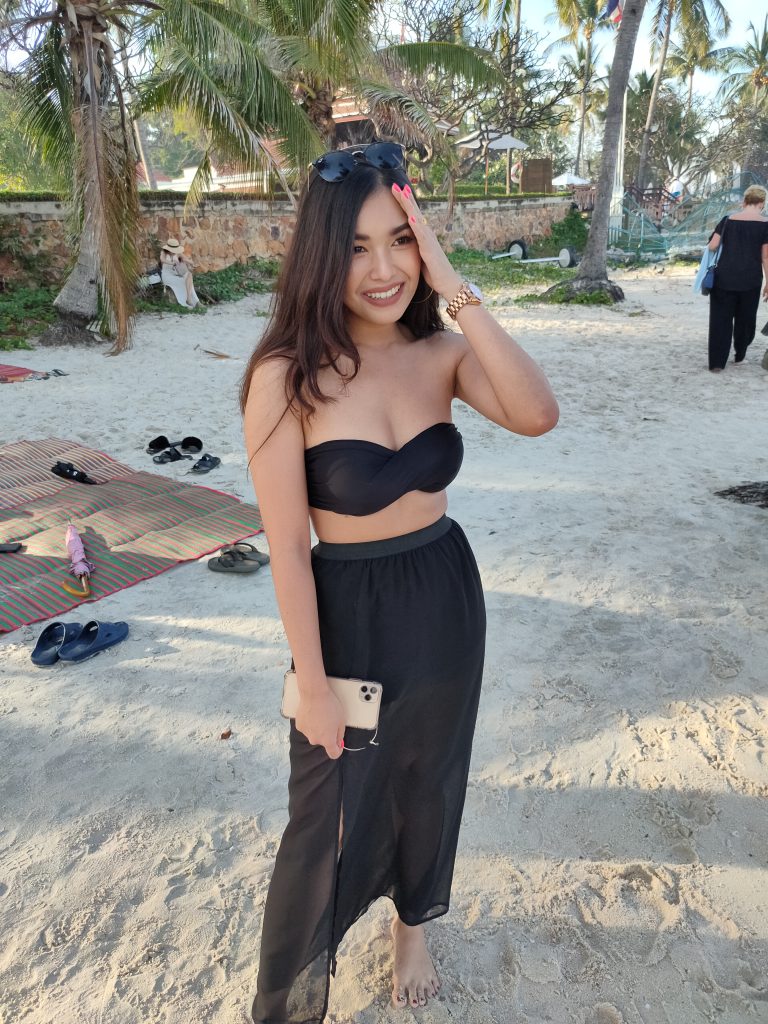
Yes : Chai
Like the tea, the way you say yes is “chai+krup/ka.”
No : Mai
No rhymes with yes in Thai so “mai+krup/ka” instead of “chai+krup/ka”
Sexy : Sexy
Sexy is the same in Thai. How convenient! In USA, I’m not sure if you’re allowed use the word sexy anymore as the language police and moral grandstanders are everywhere but here in Thailand it’s a pretty common word, especially if you engage in any nightlife or dating activities.

Delicious : Aroy mak
If you want to give your compliments to the staff at a restaurant, you can say “aroy mak+krup/ka.”
Excuse me : Ka toh
Did you accidentally bump into somebody? Do you need the check at a restaurant? Do you want to get someone’s attention? You can say “ka toh+krup/ka”
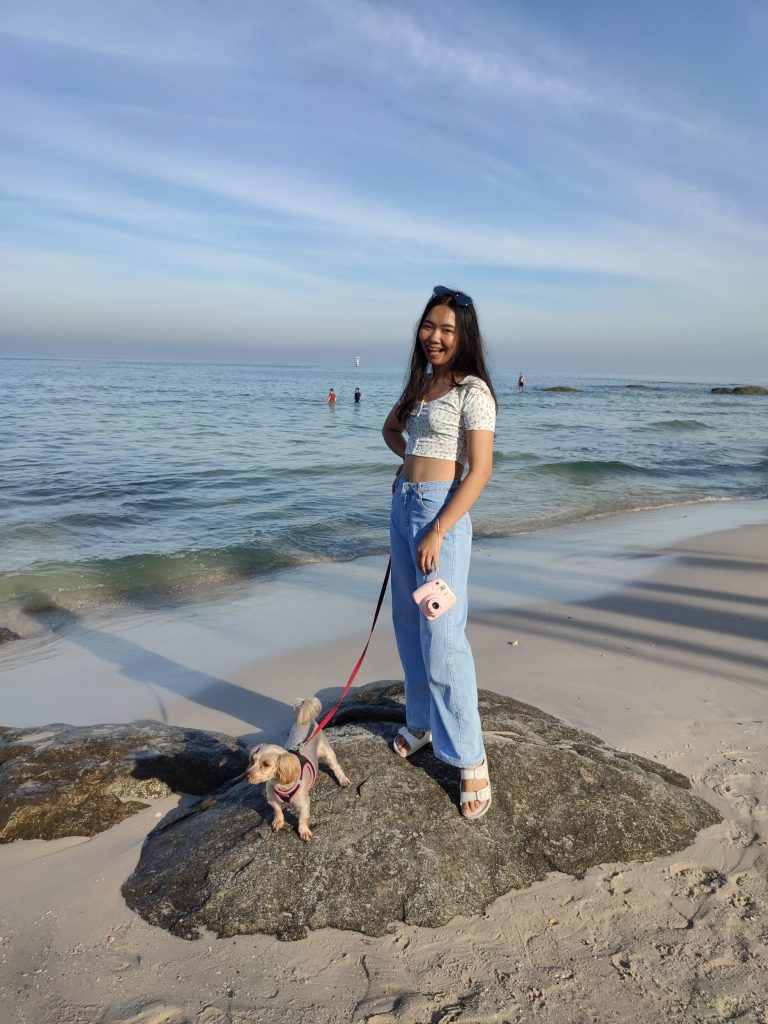
Repeat : Arehna
If you couldn’t hear somebody or just want them to repeat themselves, you can say “arehna?”
Check : Check bin
Need the check at a bar or restaurant? Just say “check bin+krup/ka.” According to ThaiLanguage-Learning.com
And the sounds “L” from bill change to “N” based on the rule of Thai language.
So there you have it. If you plan on visiting Thailand, this list of words should help you survive.
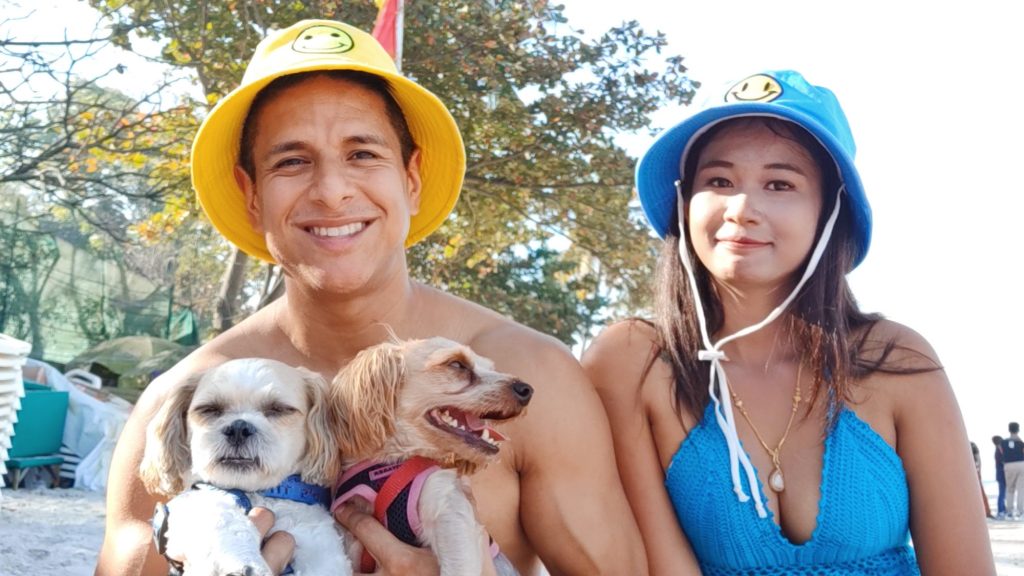
***
Are there any important phrases that I missed?
Leave a comment or you can e-mail me adam@befreemysheeple.com. If you enjoyed reading/watching this, you can follow me on Instagram, @adamfrancisco & @befreemysheeple.
Be Free My Sheeple!

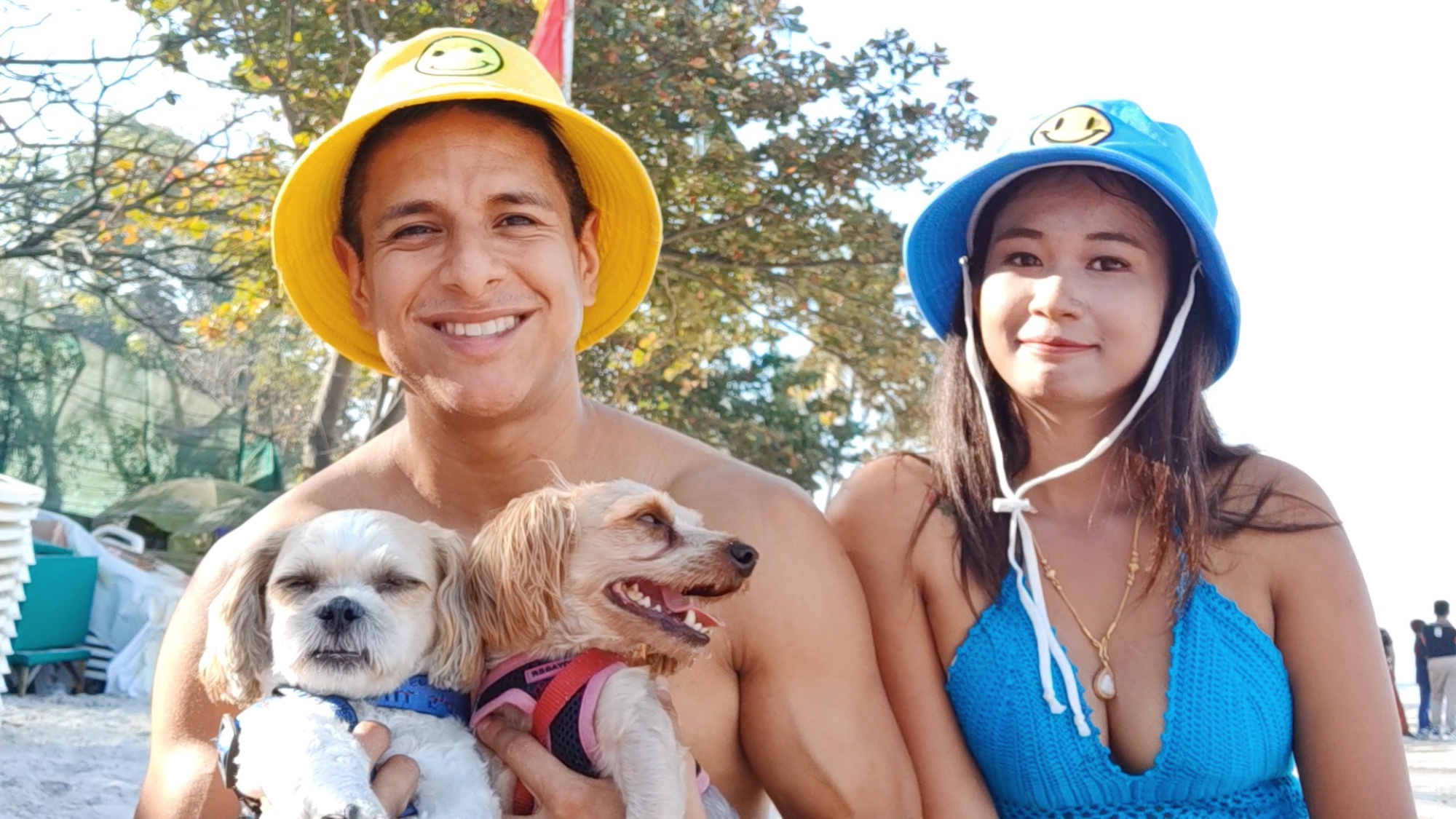
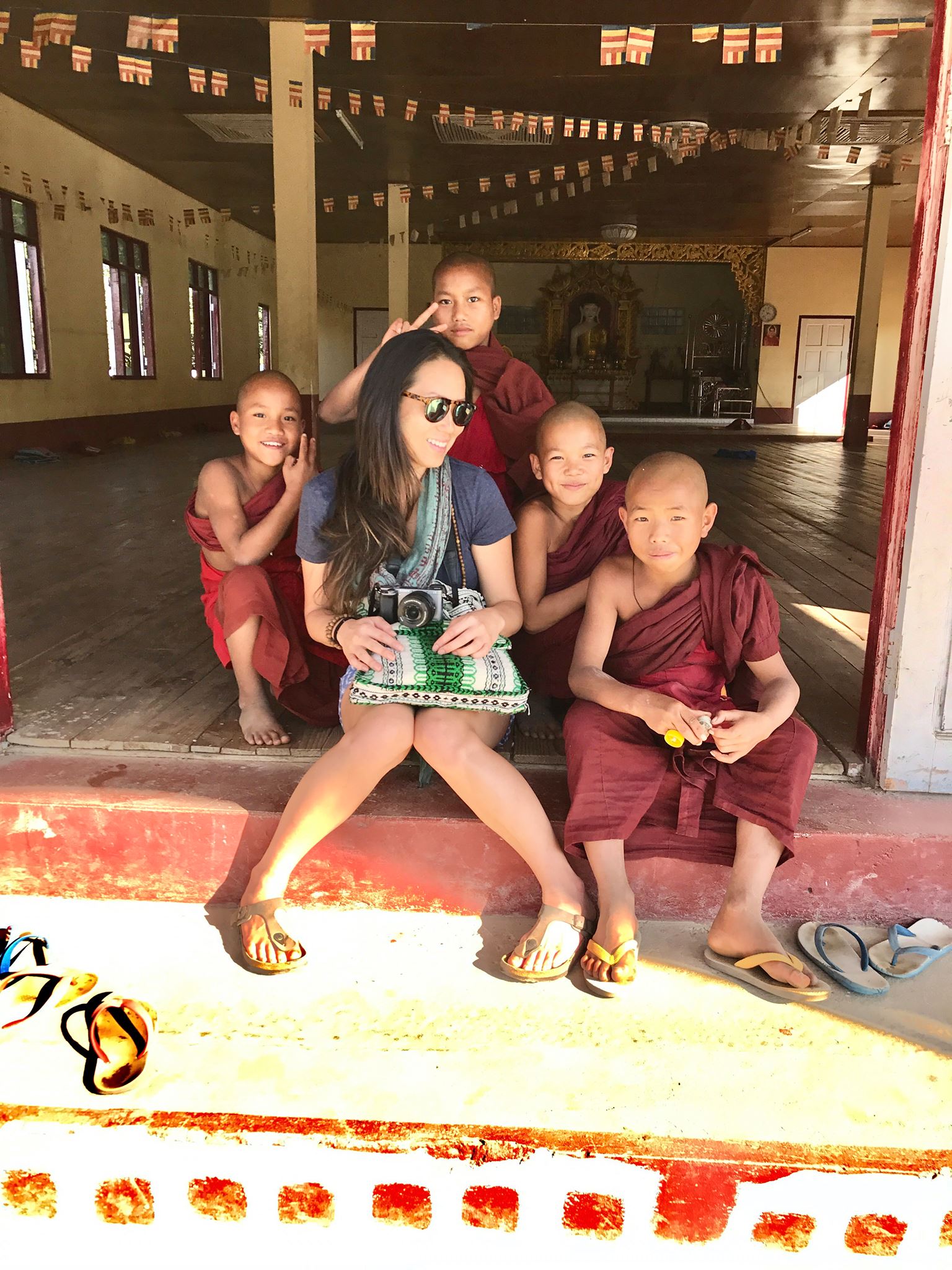
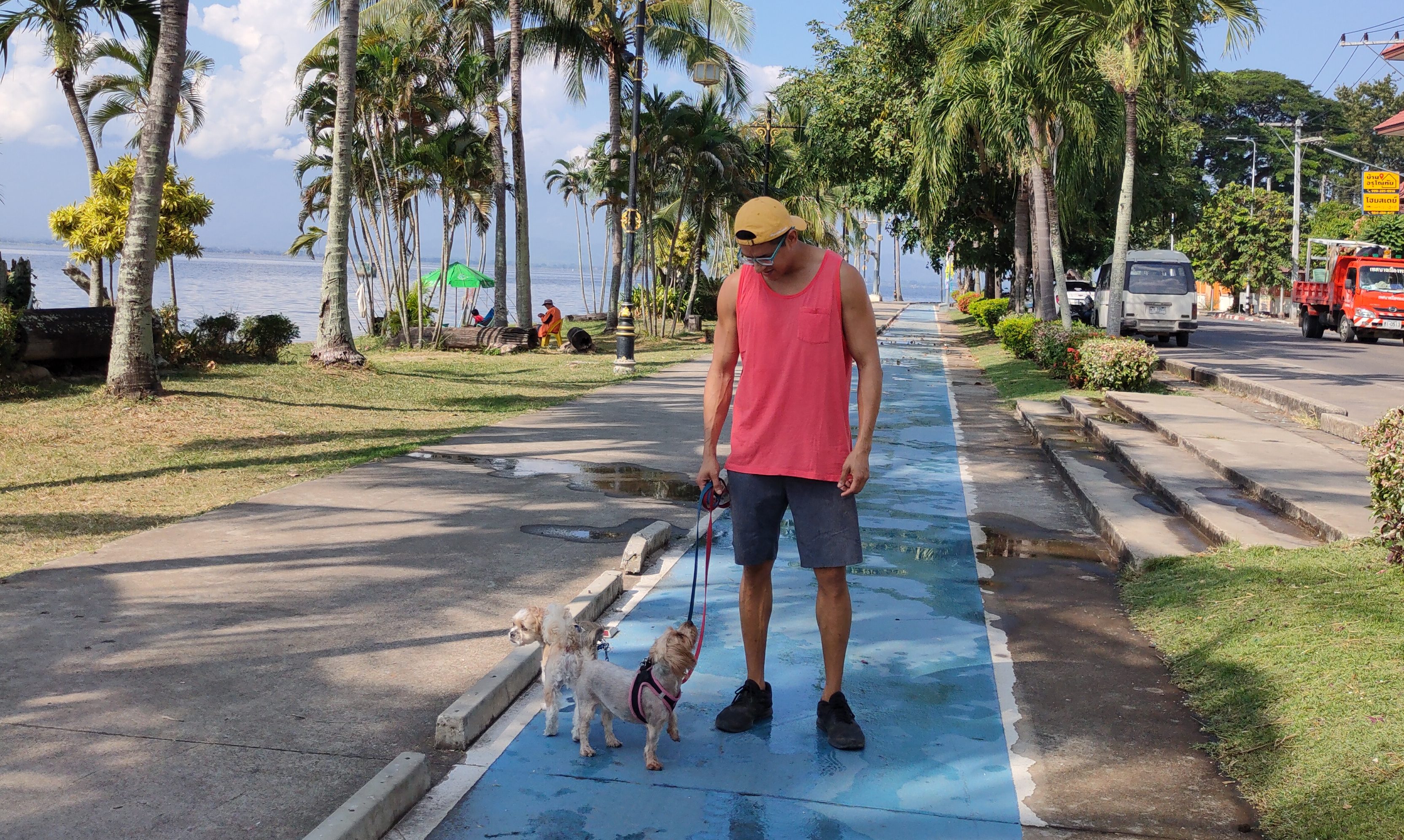
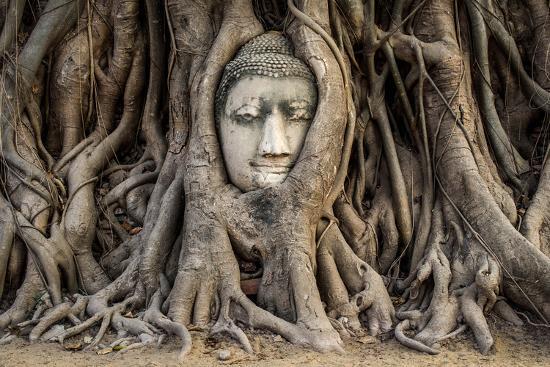

55555
A few notes, since bieu is too nice or doesn’t care enough to correct you:
“Arehna” is actually “Arai na”. Arai is literally “what”, and na makes it polite (if you want to be rude you can just say “arai”). Note that saying this will not magically make the repeated sentence understandable to you if you don’t speak thai.
“Ka toh” is actually “Kor tot”. Kor is “ask” and “tot” is “fault/blame”.
“Mai” is a negation word (closer to “not”), it’s not a hard “no” as in english. A hard no in thai is actually a negated yes, ain’t that fun? So what you’re looking for is “Mai chai”! However, more commonly you will want to respond in the negative to a question, so you will need to negate the verb of that question, as in “mai mee” – not have, “mai ao” – not take/want, etc.)
Thank you for this! I actually didn’t run the final edit with all the graphics by her. I was spelling the words phonetically in English to make it easier for my audience (or at least I tried to but probably failed at that). Where in Thailand are you located? We should do a video!